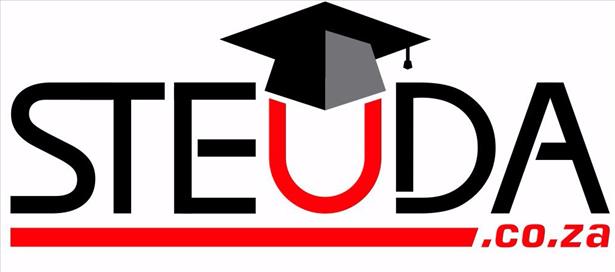
Steuda, a website which aims to
simplify
the lives of students.
Logo: Supplied
Alexi Carreira, a young entrepreneur hopes to simplify the lives of students and help them become successful with the aid of his new website, Steuda.
Says Alexi, a student at the University of Free State who is currently busy with his Postgraduate Diploma in Business Administration: “My willpower to be successful in my purpose motivates me, but more than that, God’s will for me to help others succeed.”
The purpose behind the website
Steuda is a platform for students, by a student, that aims to create a brand for students to advertise what they have to offer and to receive information from their peers about textbooks, course material, and accommodation - even just a lift home.
According to Alexi, Steudacurrently has six categories, general buying and selling, buying and selling of textbooks, accommodation, bursaries, job opportunities and community information. “We are in the process of providing extra short courses which students will be able to do online and once completed, they will receive a certificate of completion.
Becoming successful and pursuing your dreams
Alexi wants to simplify and empower the lives of students. Having Steudabecome a successful and well-known brand is his main goal. “My goal is for Steuda to become a national platform for students to use when they need anything or want to offer anything pertaining to student life.”
Alexi tells young entrepreneurs who are pursuing their dreams: “Do not allow the fear of past or current situations to define you. Be resilient. It’s a blessing to fail while attempting what you love.”
Steuda launches on 14 September and will be available at: www.steuda.co.za